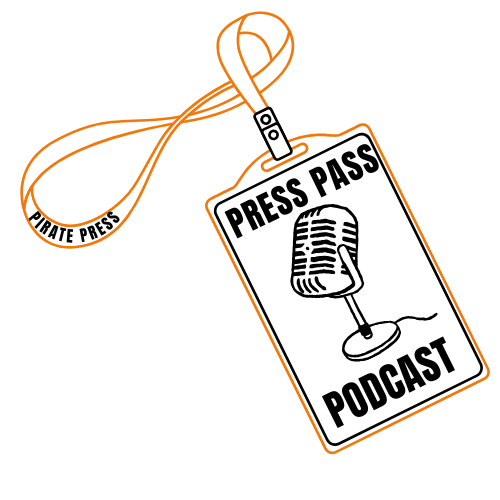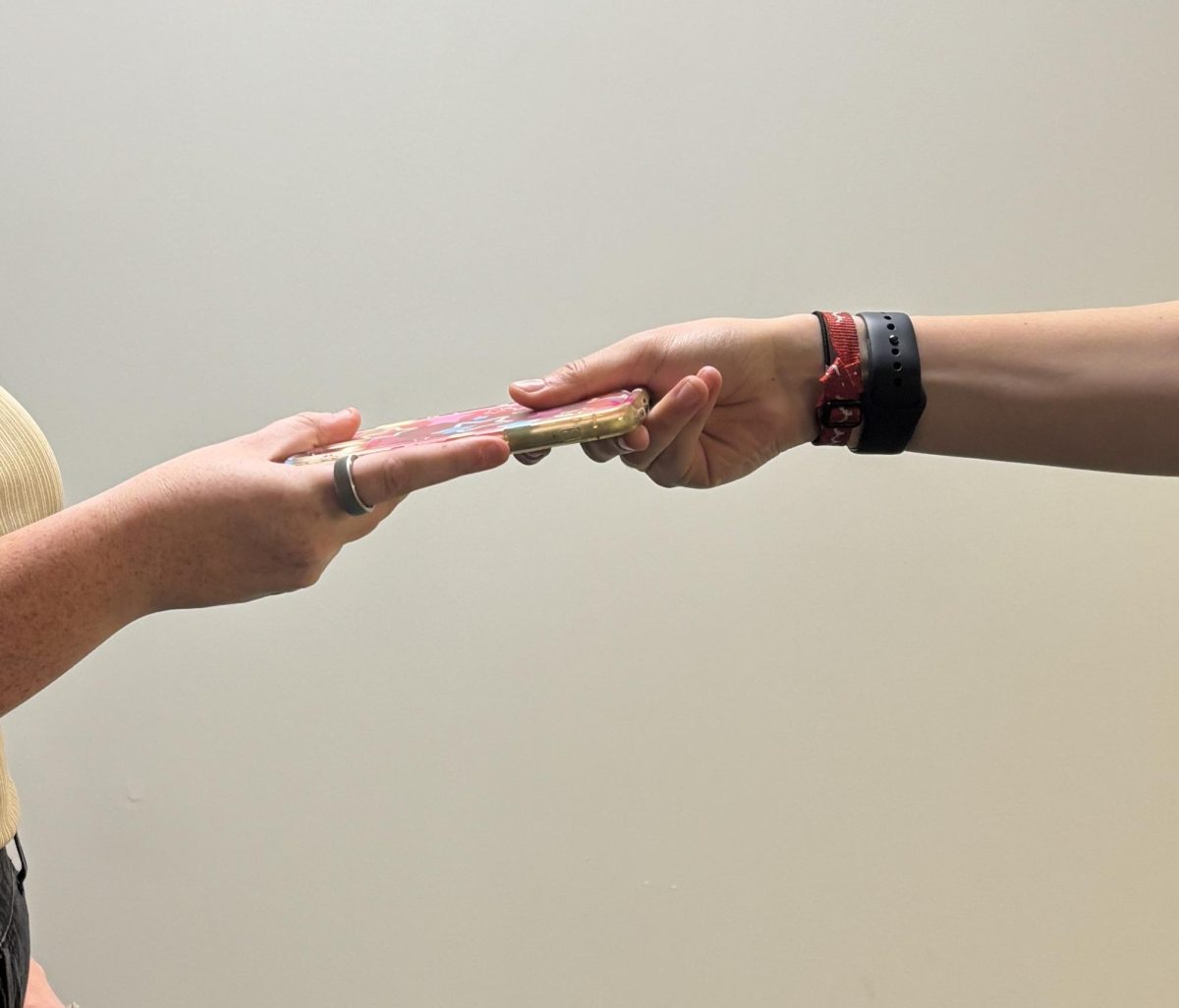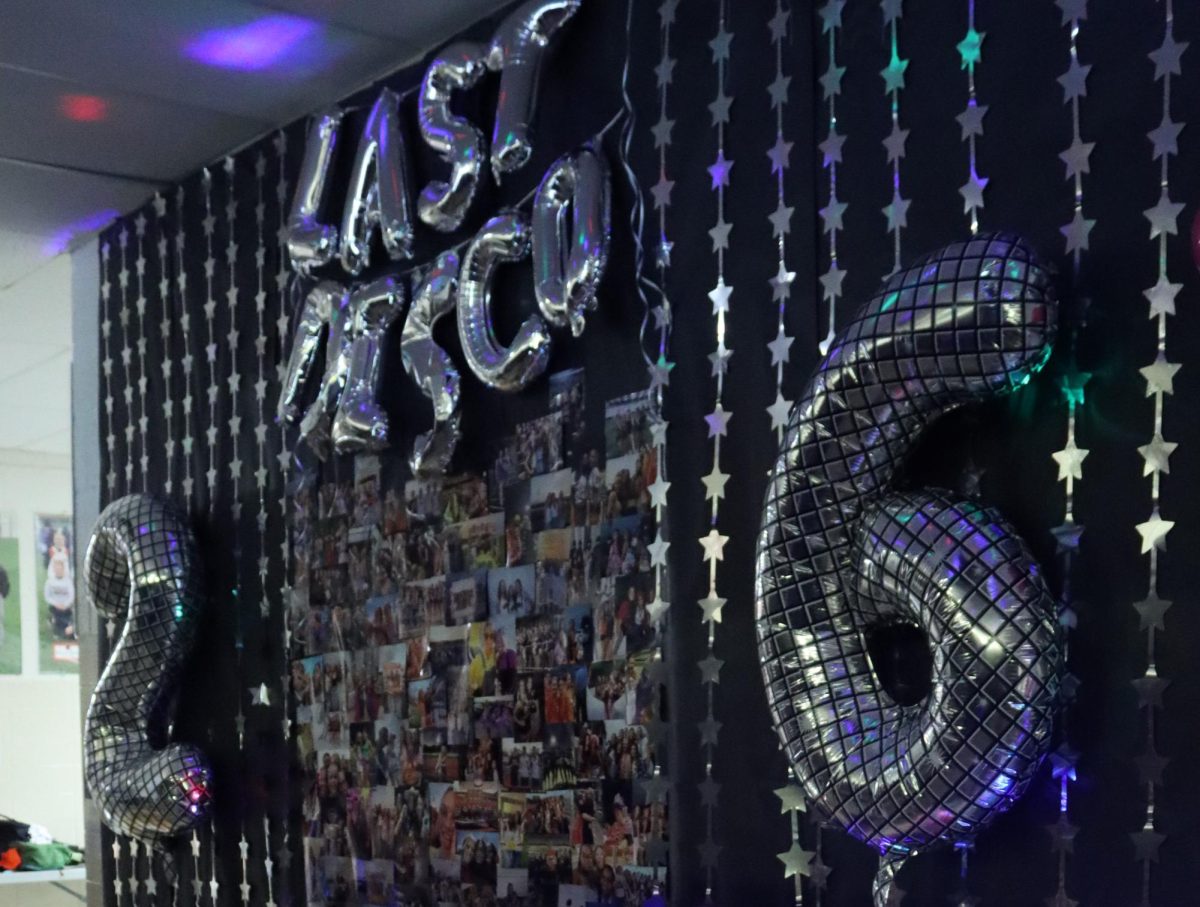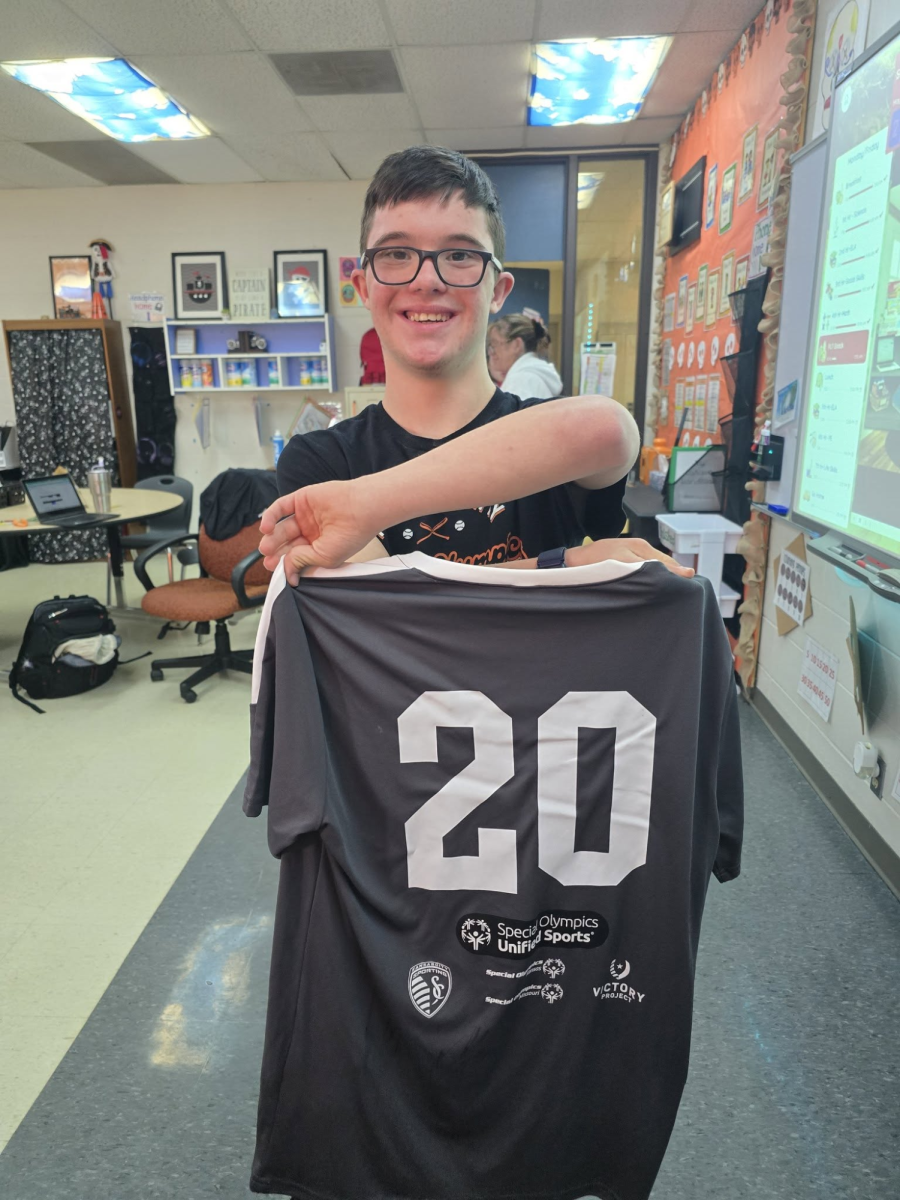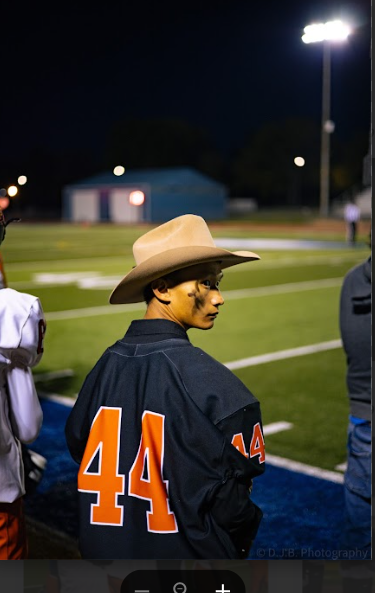A TikTok addiction is a real thing. People have been averaging 30+ hours weekly on TikTok and other short-form videos like Instagram reels and YouTube shorts. You can spend the same amount as working a full-time job on your phone going through videos you will likely forget in five minutes. There is a lot of information that helps support this idea.
In research, The Brown University School of Public Health said “Social media addiction may reduce productivity and success in work, education, and other areas of life. Dopamine release is a key part of the positive feedback loop that drives reward-based learning; increased dopaminergic activity in the brain in response to receiving a ‘like’ encourages future social media use and continued content publication in hopes that the pleasurable experience will re-occur.”
The teachers are the ones on the front lines dealing with this widespread addiction and trying to stop it.
“TikTok has given people validation and social media issues that influence the kids’ behavior,” English teacher Tori Tessmer said. “I think social media is a narcissistic practice.”
While students have an opposing view on the use of TikTok.
“I got like 36 hours on TikTok… I mean I just get bored,” junior Madeleine Stone said.
That’s just on TikTok alone.
“If you add the Instagram reels, then it’s 42 hours,” Stone said.
She does not have an addiction because she believes she could just delete it if she wanted to.
“Someone would see it as an addiction because that’s more than a day, [but] I could be reading or hanging out with friends,” Stone said.
Stone isn’t the only one struggling to spend hours scrolling on social media apps. “Right now I have 31 hours on TikTok,” sophomore Gabe Jenkins said. He, like Stone, says he watches it because he’s bored and believes he does not have an addiction to TikTok.


